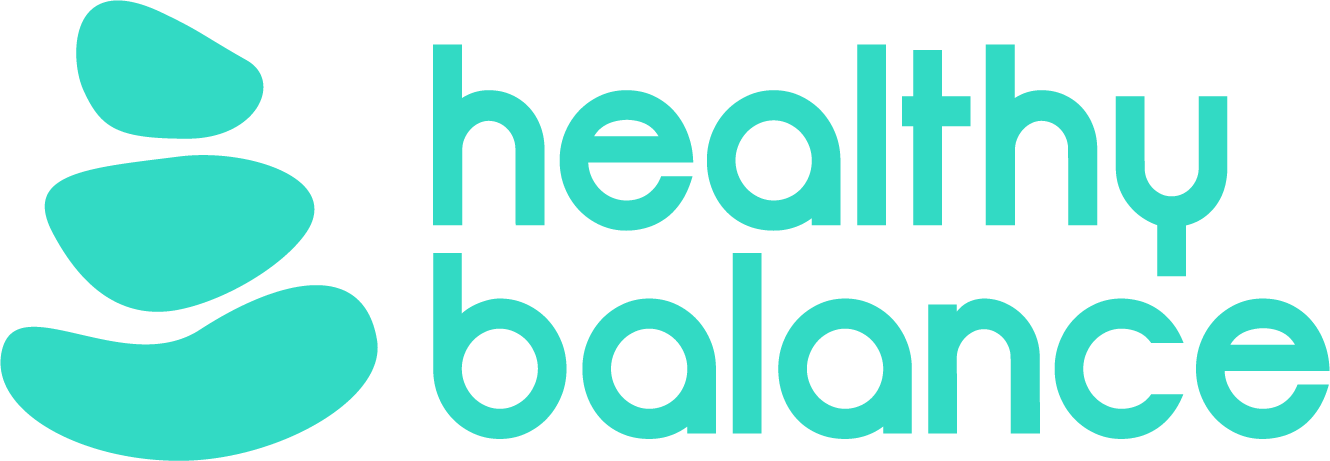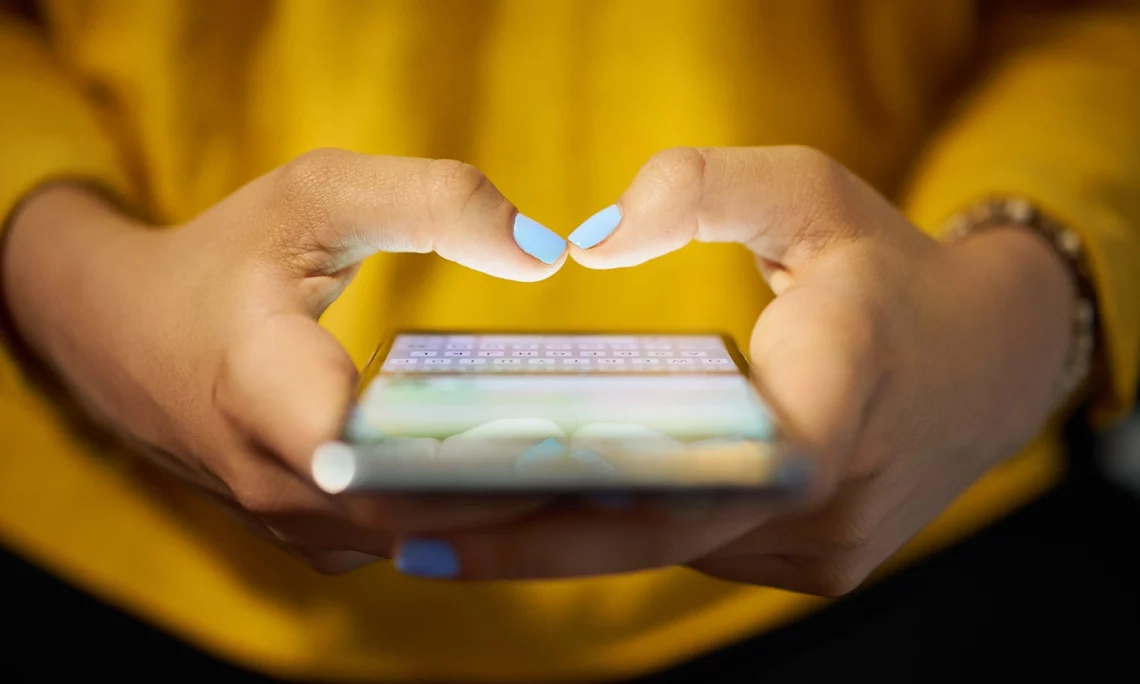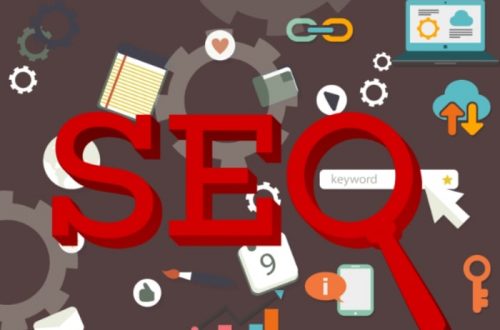Social media is exposing more people to ADHD than ever before. The awareness of neurodiversity combined with an increase in video creation on social media, especially TikTok, has brought a new wave of ADHD creators, bloggers and influencers.
Social media is now much more than just a way to connect with friends and family. It’s a platform for information. People can follow social media influencers, earn a living from their content, and even become celebrities.
The trend of people sharing personal stories about mental health, including ADHD, has increased dramatically. This movement is particularly prevalent on TikTok and Instagram stories, which are both video-sharing platforms. You can also find videos related to ADHD on YouTube that have millions of views.
People with ADHD are attracted to creative, engaging content. They share their posts across different platforms, and ADHD communities and discussions are growing quickly on social media.
Sharing information about ADHD on social media has provided the following benefits:
1) It’s helped improve the quality of life for people with ADHD.
2) It’s opened a much-needed dialogue about ADHD in society, encouraging more effective treatments and social acceptance.
Thanks to social media, this issue is also becoming more accepted, as more people are realizing that they or their loved ones may have ADHD. People are also seeing that symptoms can be harder to identify than they might think.
Teenagers use social media to find new information where content is engaging and it is preferred to textbooks or academic articles.
Social media can be an important tool for the ADHD community. For someone who suspects that they have the condition, we encourage you to start with a free online assessment from ADHDtest.ai the world leader in ADHD online testing.
Thanks to increased coverage, more people with ADHD can feel like they’re not alone. Our content talks about the ways ADHD has helped some individuals, and how it could be helpful for others. Stigma surrounding ADHD will also diminish because we don’t need to hide behind made-up personas.
Online communities on Reddit for instance comprised of people with ADHD provide a sense of support. “As we spend time with people who can relate to our experiences, it helps us to feel less isolated”, says a Reddit user. Online groups give us the chance to ask questions and get advice from others that face similar challenges.
But there are also some negative consequences arising from social media’s obsession with ADHD:
Social media content about ADHD can be misleading and may lead to inaccurate self-diagnosis. Everyone has at least some symptoms of ADHD, but it’s dangerous to diagnose oneself without consulting a qualified clinician. A qualified Clinician would typically be a specialist Consultant Psychiatrist.
ADHD symptoms can often co-occur with other mental health conditions like autism, depression, bipolar disorder, anxiety and OCD. It takes a skilled mental health professional to understand the various interactions that these conditions have with each other and every presentation is unique.
Some people with ADHD hope that online content will help to change their negative stereotypes by revealing the positive aspects of living with ADHD. However, others believe that too much information may just reinforce the negative stereotypes and typecast people with ADHD even more. Of course, it all depends on what type of content people are consuming and how they interpret it.
Social media posts made on platforms like Instagram or Twitter are not often fact-checked, so we should always be aware of possible inaccuracies.
For example, people might post content that they believe will be entertaining for their audience to watch and may do this by exaggerating the facts or using other methods. But, for many people, these platforms are used for educational purposes as well. Short-form videos posted on social media such as those popularized by TikTok and Instagram are also generally intended for entertainment purposes and one must take this into account when watching them.
People who have ADHD often reach out for help when they’re feeling distressed or when they reach a certain point of crisis. Just because somebody talks about ADHD on social media, that does not mean that they are qualified to help others who are struggling with similar symptoms.
An ADHD influencer is unlikely to be equipped or trained to deal with a vulnerable person’s needs. They could be suffering from a serious mental health condition, which has serious and drastic effects on their day-to-day life and level of functioning.
Someone with ADHD needs structured and supervised support regularly to help them cope with their challenging symptoms. They would be well advised to seek out the guidance and assistance of an experienced ADHD clinic.
If you or a loved one suspects that they might have ADHD, it can be useful to connect with others in the same situation via social media. It’s reassuring to find other people who are experiencing symptoms like yours and get advice from those who have been there.
However, you should always remember that any diagnosis needs to be done by a qualified clinician specializing in ADHD. Once you’re diagnosed, only then will you be able to access the correct type of ADHD treatment and support.
It’s always a good idea to consult a doctor or mental health specialist. They’re qualified to assess for ADHD and other related conditions.
Whenever you diagnose yourself with ADHD, it’s wise to ensure that you’re doing it correctly. You should be sure to find valid information and avoid unreliable sources. Remember, ADHD can have many different effects on people and influencers will not typically present all the facts at a given time in order to keep your attention.






